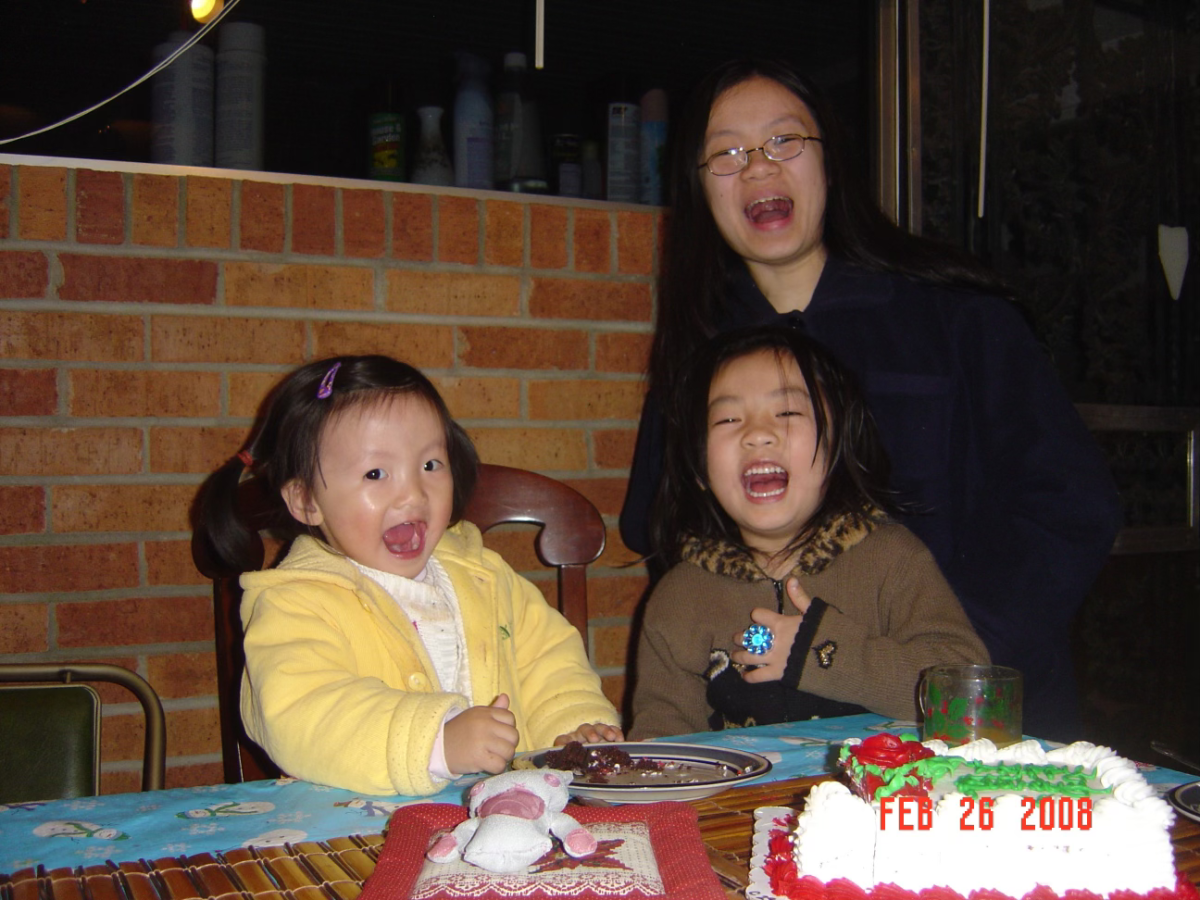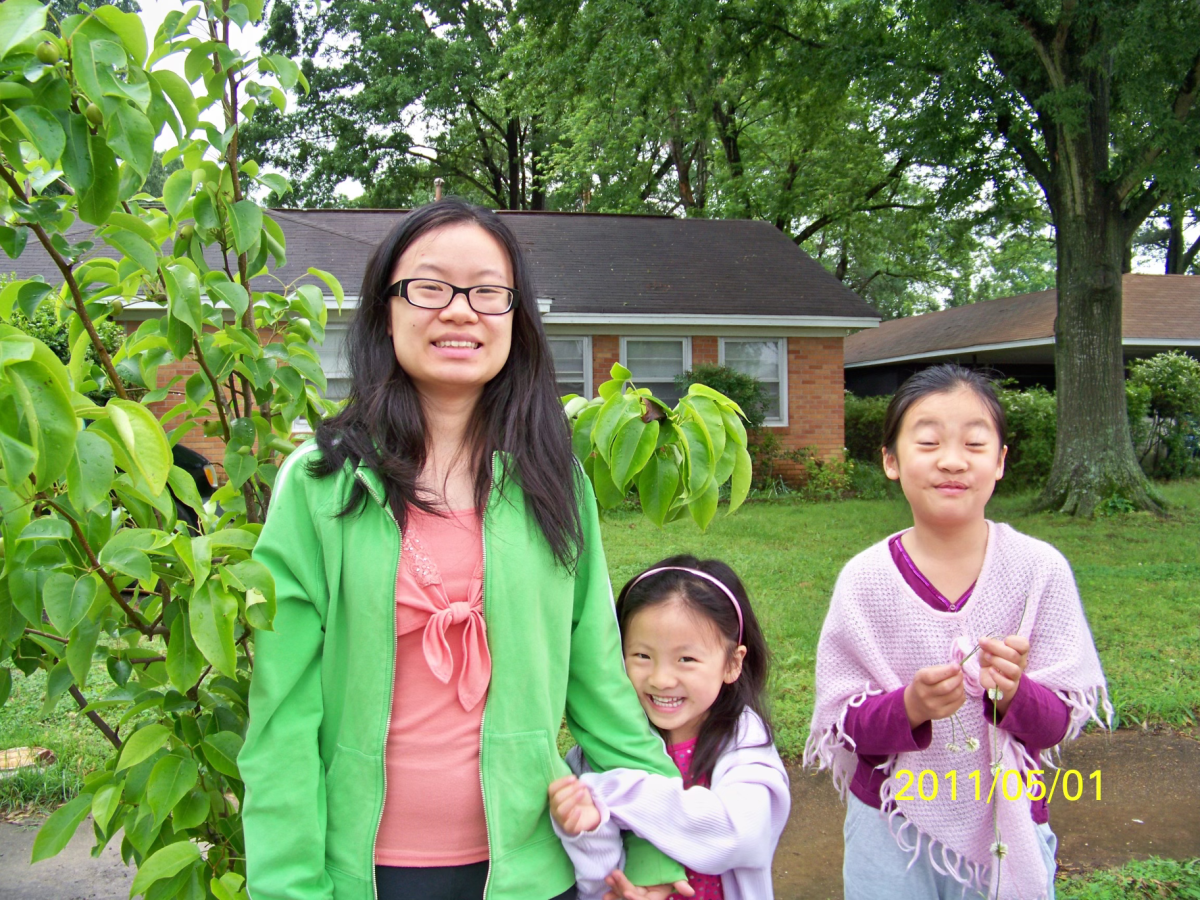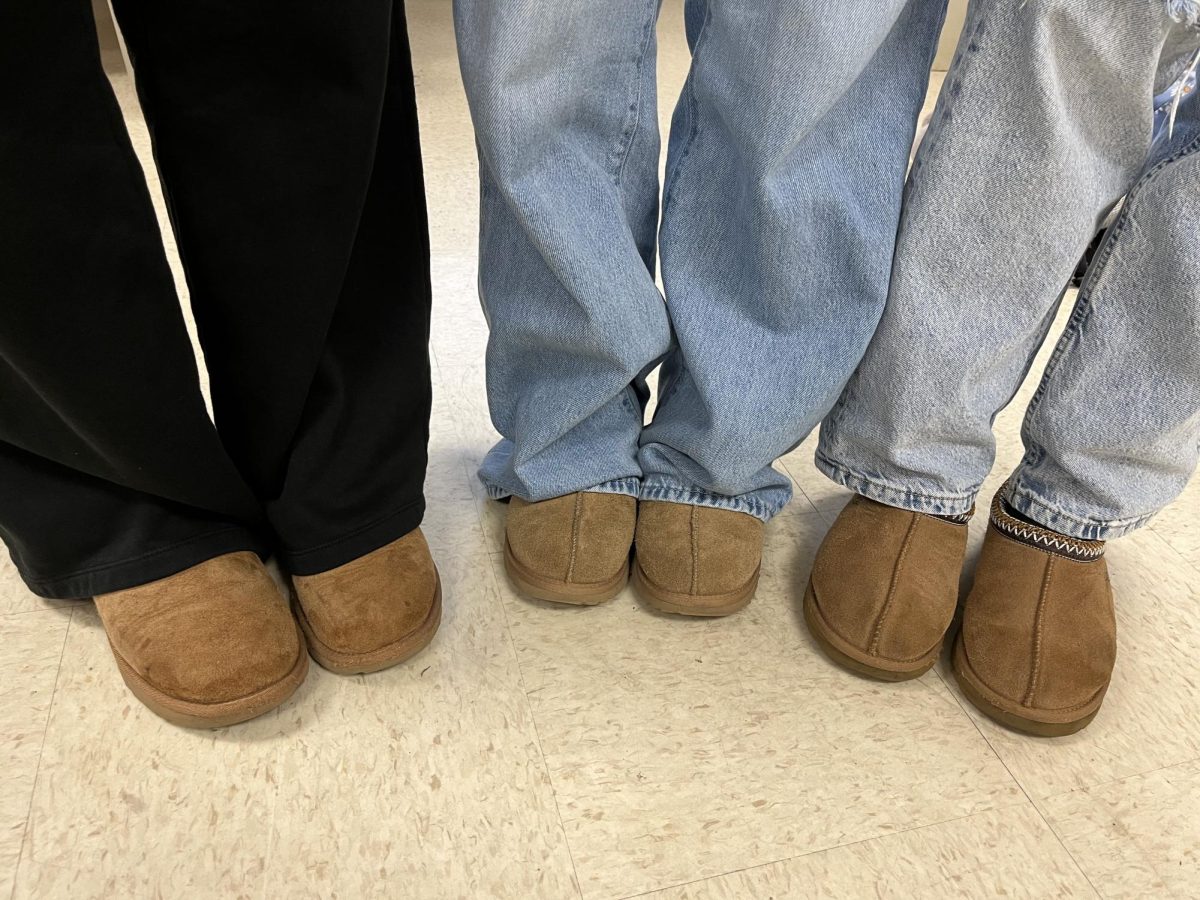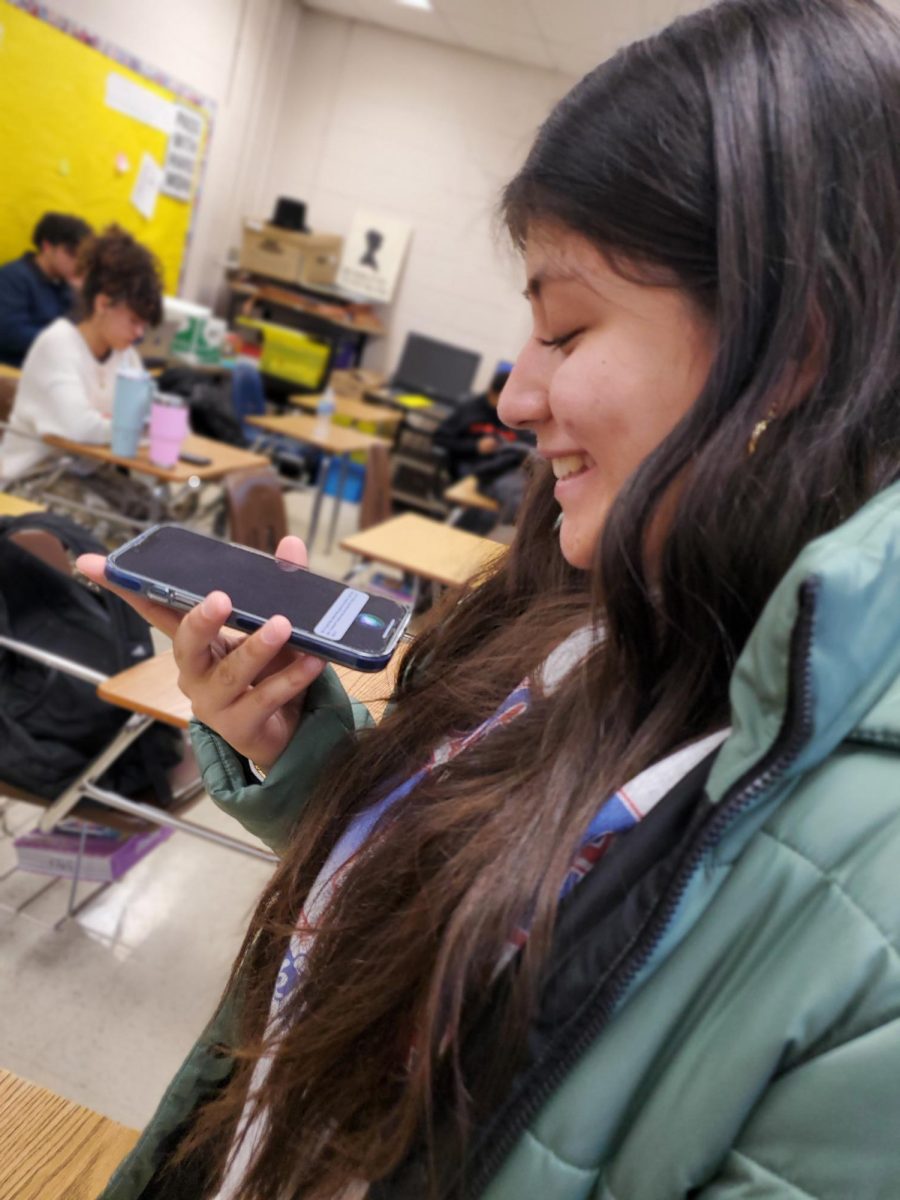Many older siblings have been by their younger siblings’ side since the moment the younger sibling opened their eyes. Whether it was to witness their first step, their first day of school or even their first sports game, when the older sibling grows up and leaves for college, it may be difficult for younger siblings to see their down-the-hall roommate move out of their house.
Empty nest syndrome, while commonly associated with parents, can also affect siblings. According to Psychology Today, this phenomenon is “the distress and other complicated emotions that parents often experience when their children leave home.” Despite having lived with them their entire lives, younger siblings’ expectations of life may crumble once their older sibling moves out.
“[After my sister, Olivia, left], it was definitely not what I expected,” Eleanor Gunn (12) said. “At first, [I was] kinda excited for her to leave because I was kinda like ‘Oh, I can finally have more freedom … more time to myself’ but it’s not what I thought it was going to be. It’s definitely not fun to not really have that person that you [are] really close with and [that] you could talk to all the time [not] be there. So now I have her empty room next to mine, and it’s kind of there, so it’s like a reminder that ‘Ah, I don’t have the same person here anymore.”
As the virtual guinea pig, older siblings experiment with various experiences, inadvertently allowing the parents to use their insights from the trials and errors to apply their learned lessons to the next child.
“I appreciate having someone to kind of lead the way. In a sense, you know, it made things easier, especially with this whole college application process as well,” Raksha Visvanathan (12) said. “It’s just nice having someone I can compare experiences to [and] who is like within my family that I can just readily talk to about pretty much anything I need to … My parents go and compare [me to my sister], she works super hard. Sometimes my parents will point that out, and I feel like sometimes I could be better and I am not fulfilling my potential because ‘Shreya did that’ and [if] Shreya did that, then I should be able to [do the same].”
Although many people believe that the younger sibling has their parents’ attention once their older sibling has left for college, an unintended consequence may be that younger siblings find themselves becoming more independent while their parents focus on their older sibling, leaving them to deal with obstacles alone in the absence of guidance from their parents.
“[A]fter [Shreya] left, it almost felt like my parents had even less time for me, which I thought was odd because it would seem like more of their attention would be devoted to me because they wouldn’t have to split it amongst their children when they both live at home,” Visvanathan said. “But it just felt like they were a lot more worried about her when she left home, so they would be constantly checking up on her and stuff like that, so I kinda had [to] make sure I was fine on my own some of the time, and I just had to deal with everything on my own because they were busy worrying about her.”
After spending the majority of their lives with each other, siblings can form a distinct style of communication that shapes their unique bond, resulting in some sibling relationships acting more like friends than siblings.
“You have your friends that you can rant to and stuff like that, but it’s like not the same because honestly, I feel like with your sister, or sibling or anyone, it’s like you can be very unfiltered and just say whatever you want and say the most heinous thing, and they just have to deal with it because they’re your sibling,” Lena Zeng (12) said.
Older siblings often take on multiple roles within the family, often falling into the role of the “second parent,” acting as a role model or helping around with homework.
“When my sister and I did get along, when she was living at home, it was really nice to have someone who was like, I guess, your mother but wouldn’t get angry at you for making a mistake or something like that,” Visvanathan said. “I really appreciate having her around if I have any questions or anything [else] I need to ask. Just having someone who gets your jokes and understands something that you’re talking about or something like that [is] just nice to have someone like that around. Just having a friend in the house.”









































